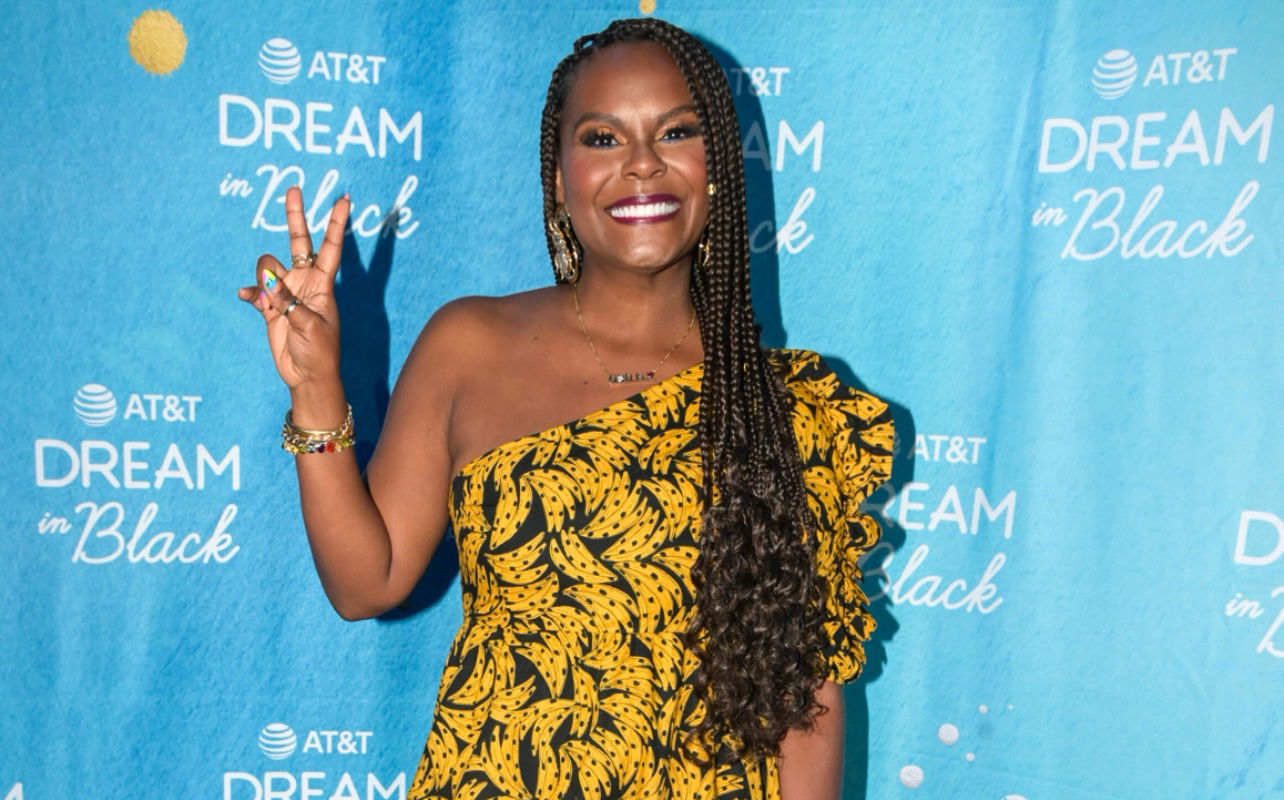
August 22, 2025
The business mogul addressed critics and had some critique of her own.
Tabitha Brown opens up about how the Target boycott impacted her and other Black entrepreneurs. The well-known influencer appeared on the Earn Your Leisure podcast, where she admitted to being caught off guard by the boycott that followed the retail giant’s sudden decision to end its DEI initiatives.
“I found out the boycott was happening, I was like, dang, is this a setup to remove all Black businesses from the shelves? Because if a boycott happens, it’s our people. When those numbers come in low, we’re going to have to go,” the actress said.
In response to political pressure from a conservative government, just days into Trump’s presidency, Target announced the rollback of several of its DEI programs. The retailer abruptly ended its Racial Equity Action and Change (REACH) program, which had pledged to invest over $2 billion in Black-owned businesses and to increase its investment more by the end of 2025. The decision sparked backlash and a subsequent boycott.
The actress said she understood the reasons why consumers withdrew their support from Target. Mainly because the store was once known for providing visibility for minority-owned businesses, she still believes organizers could have included her and other Black businesses in the loop so they could prepare for the potential fallout.
“None of us were notified that hey, this is what the plan is, how can we be a resource? Because this is what you’re going to have to endure. I understand it, but it’s like dang, we can’t even be together on that?”
Brown also addressed critics who suggested she pull her products from the retailer’s shelves and sell them through the direct-to-consumer (DTC) method. She explained that her Target products are sourced through a licensing partnership, making it nearly impossible to remove them from stores.
“Most people thought, ‘she can just go take those products and do DTC,’ and I’m like,e y’all don’t understand business. That’s a licensing deal, that’s a partnership, I can’t just end that contract.”
The mother of three also pointed out that many smaller Black-owned businesses lacked a licensing partnership, which meant the boycott significantly affected their sales.
“They have suffered, some of them have now lost that space because the numbers don’t lie.”
While Brown states that the boycott worsens outcomes for Black–owned businesses, she acknowledges that the retail giant is ultimately responsible.
“I still think that Target was very wrong and they have a lot of work to do.”
RELATED CONTENT: K. Michelle’s Expertly Clears Delusional Journo During Interview, Affirming Her Rightful Place In Country Music

